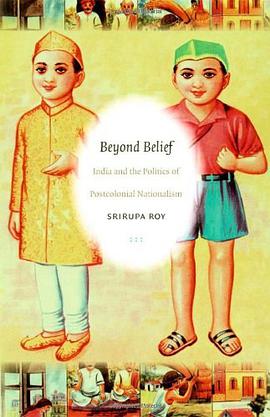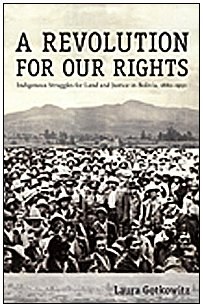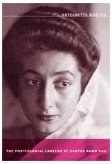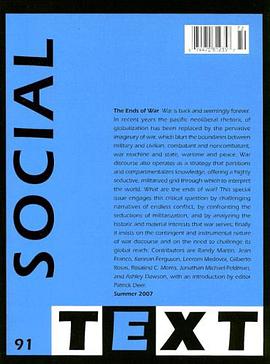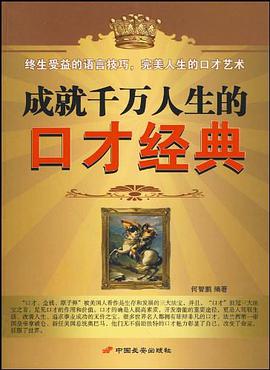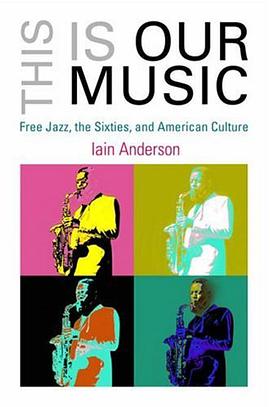

This Is Our Music Free Jazz, the Sixties, and American Culture Iain Anderson "An excellent study of the heyday of one of the most problematic bodies of work in the history of jazz music...Essential."--Choice "This Is Our Music takes us back to that moment between the fifties and the sixties when a new music called free jazz took root in the coffeehouses and nightclubs of New York City, Chicago, and Los Angeles. In this rich and evocative book, Iain Anderson meets the challenge posed by the music and follows its lead into the complex political realignments, shifting racial dynamics, and redefinition of art and entertainment that characterized the subsequent decade."--John Szwed, author of So What: The Life of Miles Davis "Historian Iain Anderson tracks the political and social meanings of jazz as the music changed hands around the world...The crooked line Anderson draws from the maverick [Cecil] Taylor (a Guggenheim Fellowship recipient) to the conservative [Wynton] Marsalis (arbiter of "What Is--and Isn't--Jazz") is the real contribution of This Is Our Music." --Bookforum "Anderson's evenhanded, archive-driven book is consistently instructive--a fine guide to the debates that raged around free jazz and to the music's unexpected current place in the American arts canon."--Journal of American History This Is Our Music, declared saxophonist Ornette Coleman's 1960 album title. But whose music was it? At various times during the 1950s and 1960s, musicians, critics, fans, politicians, and entrepreneurs claimed jazz as a national art form, an Afrocentric race music, an extension of modernist innovation in other genres, a music of mass consciousness, and the preserve of a cultural elite. This original and provocative book explores who makes decisions about the value of a cultural form and on what basis, taking as its example the impact of 1960s free improvisation on the changing status of jazz. By examining the production, presentation, and reception of experimental music by Ornette Coleman, Cecil Taylor, John Coltrane, and others, Iain Anderson traces the strange, unexpected, and at times deeply ironic intersections between free jazz, avant-garde artistic movements, Sixties politics, and patronage networks. Anderson emphasizes free improvisation's enormous impact on jazz music's institutional standing, despite ongoing resistance from some of its biggest beneficiaries. He concludes that attempts by African American artists and intellectuals to define a place for themselves in American life, structural changes in the music industry, and the rise of nonprofit sponsorship portended a significant transformation of established cultural standards. At the same time, free improvisation's growing prestige depended in part upon traditional highbrow criteria: increasingly esoteric styles, changing venues and audience behavior, European sanction, withdrawal from the marketplace, and the professionalization of criticism. Thus jazz music's performers and supporters--and potentially those in other arts--have both challenged and accommodated themselves to an ongoing process of cultural stratification. Iain Anderson teaches History at Nebraska Wesleyan University. The Arts and Intellectual Life in Modern America 2006 | 264 pages | 6 x 9 | 23 illus. ISBN 978-0-8122-2003-2 | Paper | $24.95s | GBP16.5 0 World Rights | American History, Music Short copy: "Takes us back to that moment between the fifties and the sixties when a new music called free jazz took root in the coffeehouses and nightclubs of New York City, Chicago, and Los Angeles."--John Szwed, author of So What: The Life of Miles Davis
具體描述
讀後感
用戶評價
相關圖書
本站所有內容均為互聯網搜索引擎提供的公開搜索信息,本站不存儲任何數據與內容,任何內容與數據均與本站無關,如有需要請聯繫相關搜索引擎包括但不限於百度,google,bing,sogou 等
© 2025 onlinetoolsland.com All Rights Reserved. 本本书屋 版权所有




